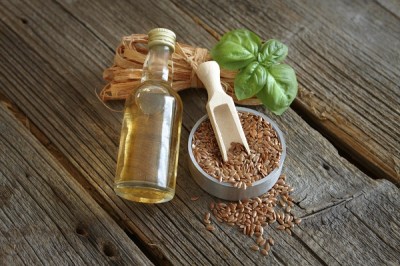
Image source: Rainshadowlabs.com
For helping to treat infections, colds, cuts and scrapes, and even cancer, essential oils are gaining in popularity.
However, many people worry when they purchase essential oils that they are not really getting what they should be getting. Are they buying fake oils? Another problem: Essential oils can be expensive, and you may not even trust the manufacturer. There are some legitimate essential oil dealers out there, and you just have to do your research and find the best company for you.
There is another option: You can start making your own essential oils. While some people may have told you that they won’t be as pure and they won’t be as good as the ones you buy, the fact is that with a little research and some effort you can create essential oils just like they make anywhere else. It will be time-consuming, you may get bored, and it may take some trial and effort, but it can be done.
Here are four different ways that you can create your own essential oils:
1. Cold Pressed
The cold-pressed method allows you to mechanically press fruits in order to get their essential oil. This works well with fruit rinds.
New All-Natural Capsule Protects You From Dangerous Toxins And Pollutants!
This process is time-consuming and it may take a while to get the oil. There are several different ways that you can cold press, including using a machine. You also can do it by hand with the mortar set. This method is the least practical of all the methods to get essential oil.
2. Extraction
A hexane solvent is used to extract the oil and create a mixture of the plant and the oil. Some people use a process with ethyl alcohol in order to process their essential oils. If you wish to make your essential oil in this kind of process, you can soak your herbs in an ethyl alcohol base. This will only work well with some of the herbs out there. Make sure you do your research to learn which herbs will do best with an alcohol or hexane solvent solution. Not all herbs are made the same.
3. Steam Distillation
For steam distillation, you put your herbs (or whatever you’re turning into essential oil) into boiling water. The steam is collected, and the oil will be separated from the water.
New “Survival Herb Bank” Gives You Access to God’s Amazing Medicine Chest
Some users of essential oil create a distillation machine, much like stills used to make alcohol. These can easily be made with several household materials, and the blueprints can be found online.
4. Oil Soak
This method involves gathering your herbs and soaking them with carrier oil. For instance, if you would like to make mint essential oil, you can get a carrier oil like coconut and soak the mint in the carrier oil. You leave this mixture for about two weeks and strain the mint, and what you have left over in the oil will be mint essential oil. You can do this with a broad variety of herbs including basil, lavender and rosemary.
After you make essential oils, store them property. You want to make sure that all of your essential oils are stored in an amber-colored jar (preferably glass) and in a cool dry place. Keep them away from heat and moisture. Proper storage of essential oils will allow them to last for many years.
Remember: Essential oils can be dangerous for young children and pregnant women, so do your research to make sure they are safe for you and your family.
Which method do you prefer to make essential oils? Share your tips in the section below: